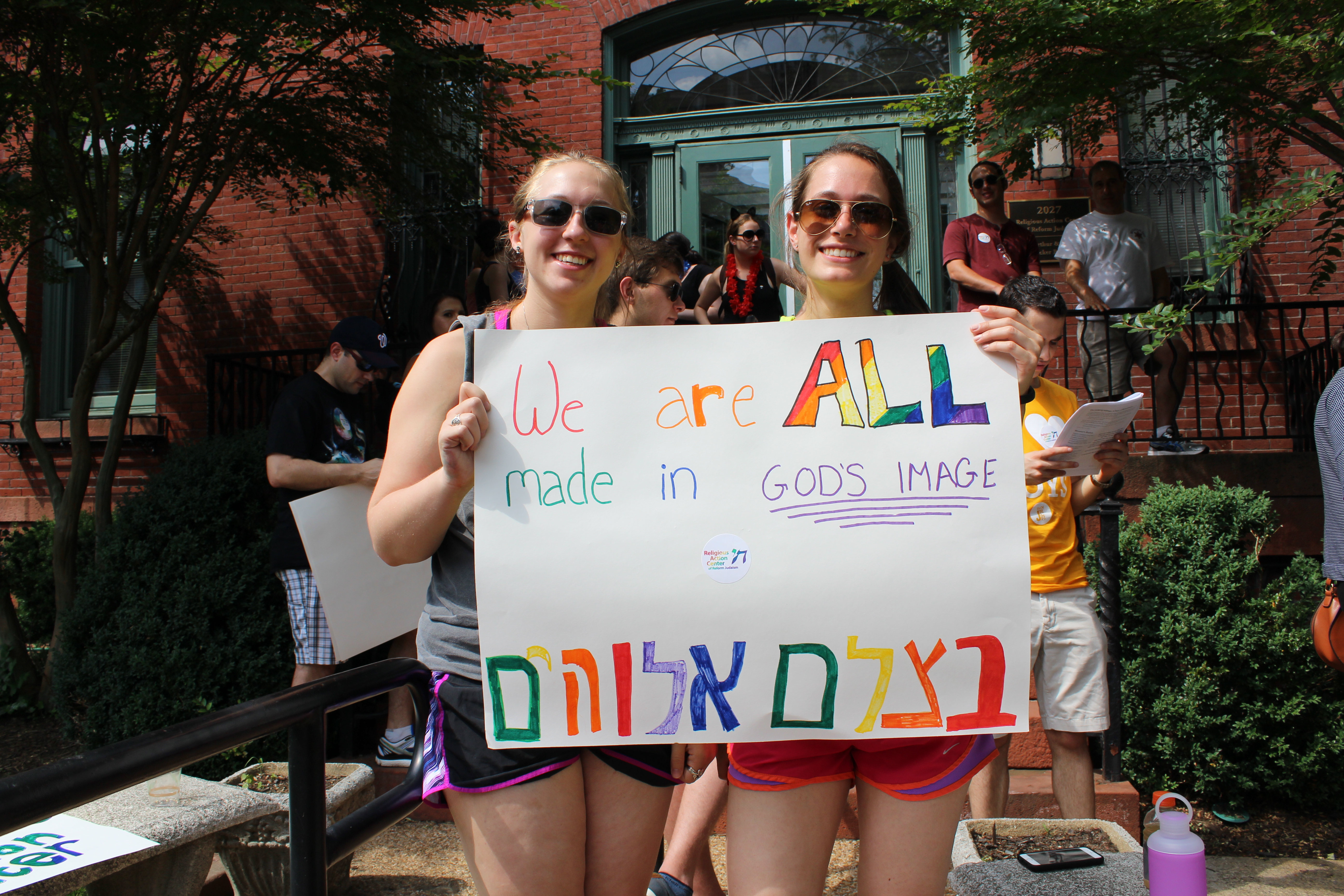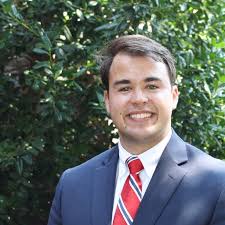
As the Poor People’s Campaign: A National Call for Moral Revival—a campaign to raise up the enduring and intersecting web of issues that sustain deep inequality in American society— continues into this Pride Month, we are reminded of the importance of highlighting the way in which poverty uniquely affects already marginalized communities.
Specifically, we know that LGBTQ Americans experience poverty at a higher rate than non-LGBTQ Americans. According to the Center for American Progress, “LGBTQ adults are 1.6 times more likely to report food insecurity in the past year than non-LGBTQ adults.” Twenty-seven percent of LGBTQ adults “lacked enough money for the food they needed” over the course of a year, whereas 17 percent of non-LGBTQ adults reported the same.
This reflects the intersecting systems of oppression that place structural barriers on those with multiple marginalized identities. For example, as the report states, “According to one needs assessment report, half of transgender respondents were food insecure, a rate double that of cisgender respondents. And while the transgender community disproportionately experiences very low incomes of less than $10,000 per year—twelve percent compared to the overall U.S. rate of four percent—transgender people of color experience very low incomes at even higher rates.”
The rate at which LGBTQ Americans experience poverty, however, is an understudied area. As the report cited above recommends, it is important that the federal government add questions concerning gender identity and sexual orientation to any surveys or other data-gathering mechanisms to study the way in which the LGBTQ community experiences poverty so that it might effectively address it.
As Jews, we are committed to fighting poverty in all forms and to calling attention to the way in which poverty affects communities marginalized across lines of race, gender identity, ability status, and sexual orientation. In explaining why she marched with the Poor People’s Campaign, Rabbi Lisa Bellows of Congregation Beth Am wrote,
“I joined the Poor Peoples Campaign because I hear Isaiah’s call which we at Congregation Beth Am and other Reform synagogues read together each Yom Kippur and so I know what God requires of me:
Is this the fast that I have chosen, a day for a person to afflict their soul? Is it to bow down their head like a bulrush, and to spread out sackcloth and ashes? Would you call this a fast, and an acceptable day to the Adonai? Is this not the fast that I have chosen: to loosen the bonds of wickedness, to undo the heavy burdens, to let the oppressed go free, and to break every yoke? Is it not to share your bread with the hungry, and that you bring to your house the poor who are cast out; when you see the naked, that you cover him, and not hide yourself from your own flesh? Then your light shall break forth like the morning, your healing shall spring forth speedily, and your righteousness shall go before you; the glory of the Adonai shall be your rear guard. (Isaiah 58:5-8)
As people of faith, we are partners in the Poor People’s Campaign because we recognize the importance of raising awareness about the way in which systems of oppression intersect with one another. This Pride Month, we remain committed to raising awareness about the ways in which the LGBTQ community experiences poverty and continue to take action to change this reality.
Join the Poor People's Campaign for a Monday of direct action in your state capital. Take action with your Reform Jewish community - learn more at www.rac.org/poorpeoplescampaign.
Related Posts

Remarks from Rabbi Eliana Fischel at Jewish Gathering for Abortion Access

Teens from North Carolina Speak About Environmental Justice


